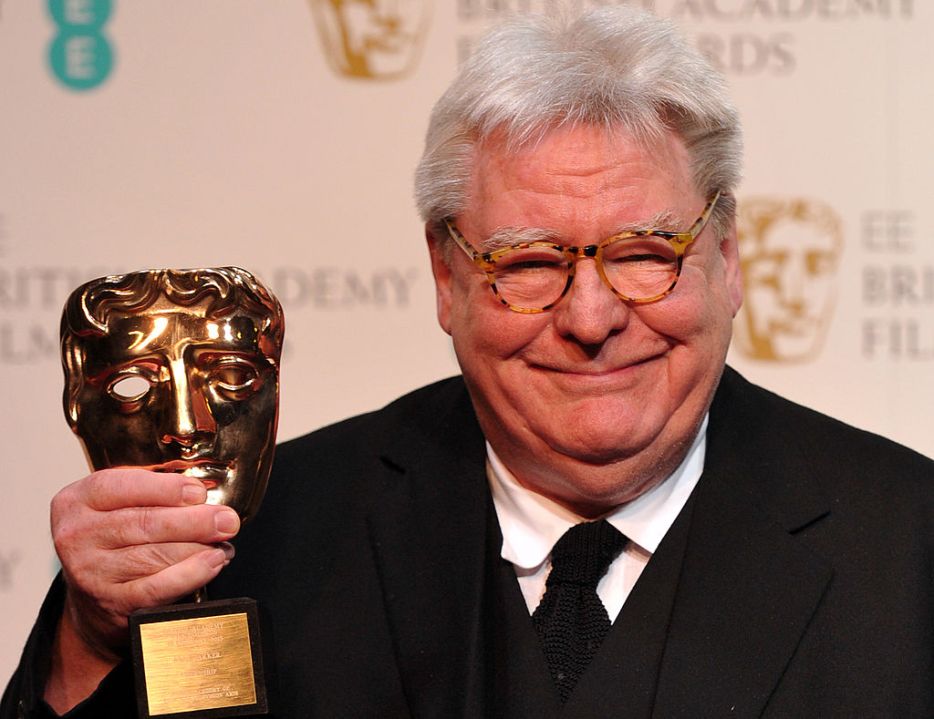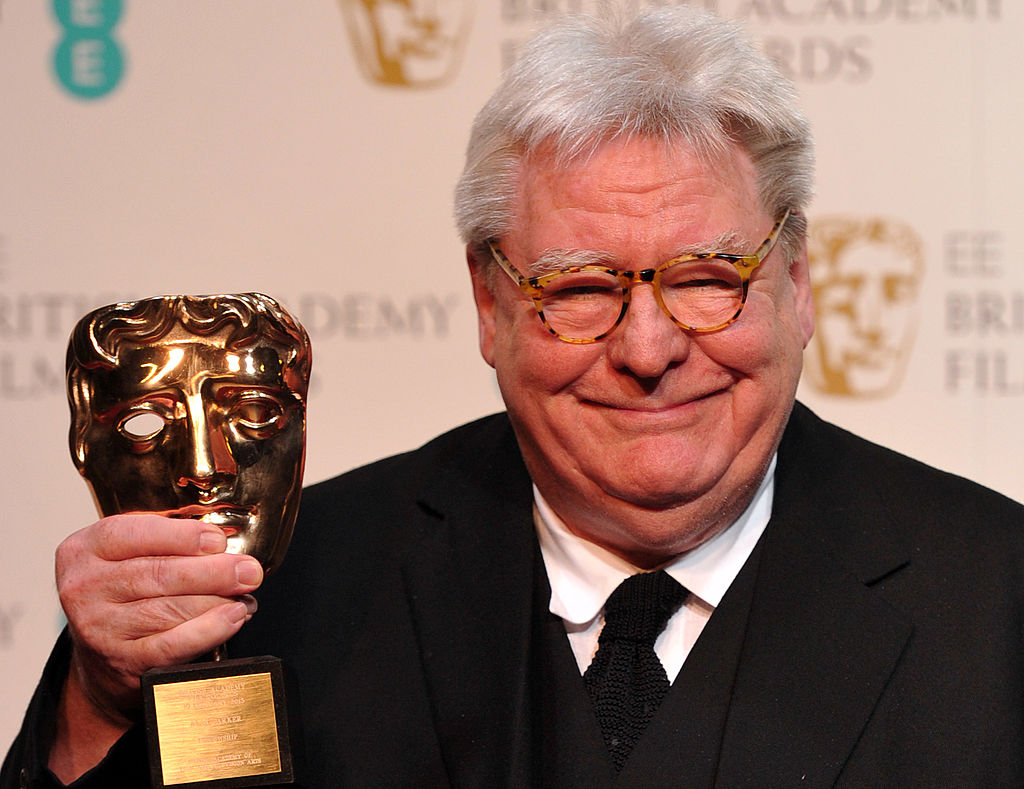‘Hello, is that Paul?’
‘Yes’
‘This is Alan Parker. I’ve just read your new book. I thought it was terrific and I want to talk to you about it. Are you free for lunch next week?”
‘Yes!’, I practically yelled. The following week, I found myself sitting opposite one of my advertising and film-making heroes, the creator of magnificent films like Bugsy Malone, Midnight Express and Mississippi Burning. Surely, he wanted to turn my book into an Oscar winning movie.
As you’ve probably worked out, that wasn’t the case. He’d just called cut on his illustrious movie-making career, had written his first novel and wanted me to take a look at it. He very kindly said that he liked my ‘easy’ style of writing.
‘Easy?’ I said, pretending to be offended. ‘Just remember – easy reading, hard writing.’ ‘Exactly’ he laughed. From that moment on, I knew this first lunch would not be our last.
My admiration for Sir Alan Parker stems from the fact that he was the first of a golden generation of, for want of a better phrase, ‘working-class creatives’ who progressed from humble origins to write or direct some of the greatest TV commercials ever made. If he hadn’t unpicked the lock, hundreds of others – myself included – from comparable backgrounds would never have been able to walk through the door.
His work changed advertising and wider culture, forever. The way he wrote and the people he cast were diverse, authentic and truly representative of the UK population. His commercials were funny because it’s not always the ‘gag’ that makes people laugh, but the easy resonance of a situation they recognise.
We discovered we had much in common. Our cash-strapped North London upbringings were very similar and our routes into advertising – starting out in the post room – were identical. On one occasion we wondered whether we’d get that chance now, and although it pains me to say so, I have my doubts.
The first reason is purely technological. Real mail was supplanted by email so the traditional route through the post room was bricked up years ago.
Working-class kids are now further deterred from a career in advertising because of the price of property and the burden of debt. Both Alan Parker and I were fortunate enough to live mere bus rides from Soho but our contemporaries from all over the country were still able to join us. They could come down to London and share a scruffy flat for next to nothing, and have their rent paid by the Department of Health and Social Security until they found a job. Now only those whose parents are rich enough to support them can even think about making that journey, and this has led to the gradual construction of a ‘Class Ceiling’.
But the real reason I wonder whether a boy like Alan Parker could now go from an Islington council estate to a West End ad agency is because agencies’ hiring criteria have been quietly but forcefully changed.
What attracted people to advertising was its genuinely random selection process. This always threw up a diverse and interesting cast of characters whose disparate ideas of creativity led to all those wonderful ads. And that pretty much started with Alan Parker.
Nowadays, however much they try to deny it, advertising agencies have a more discriminatory recruitment policy. They say it’s all about diversity but I’m not sure it’s quite diverse enough to include white working-class boys from London.
Every year, the trade magazine Campaign compiles its ‘School Reports’ on advertising agencies. This used to be simply an appraisal of the ads each agency had produced and how successful they’d been. Not anymore. Agencies are now awarded extra points for the number of their employees who are female or from a BAME background. So right there is an immediate reason to think twice about hiring a young Alan Parker. Despite the poverty of his upbringing, his gender and skin colour would now unfairly mark him out as ‘privileged’. So the one privilege he did possess – his astonishing creative talent – might today go undiscovered.
The advertising industry now seems critically short of potential Parkers. Smart, working-class creative people acutely attuned to the tastes and attitudes of those they’re trying to reach. Advertising was always a diverse and inclusive industry. Now that it vaingloriously trumpets its questionable credentials in this area, it seems to have become less so.
The industry needs to ask itself: if today’s ‘progressive’ attitudes were enforced in the 1960s, would Alan Parker ever have been given a chance? Would his films ever have been made? It’s a terrible irony. The man who did more than anyone else to bring diversity and inclusivity into advertising would today fall victim to ‘diversity and inclusivity’.







Comments